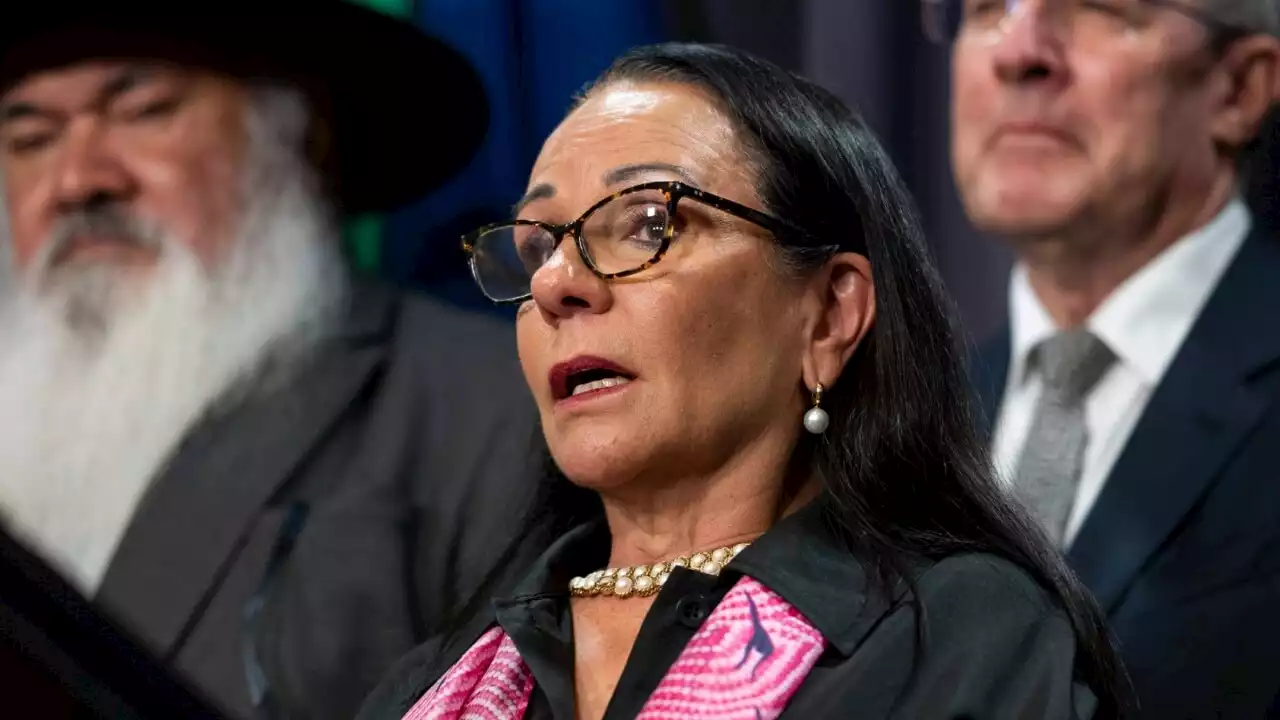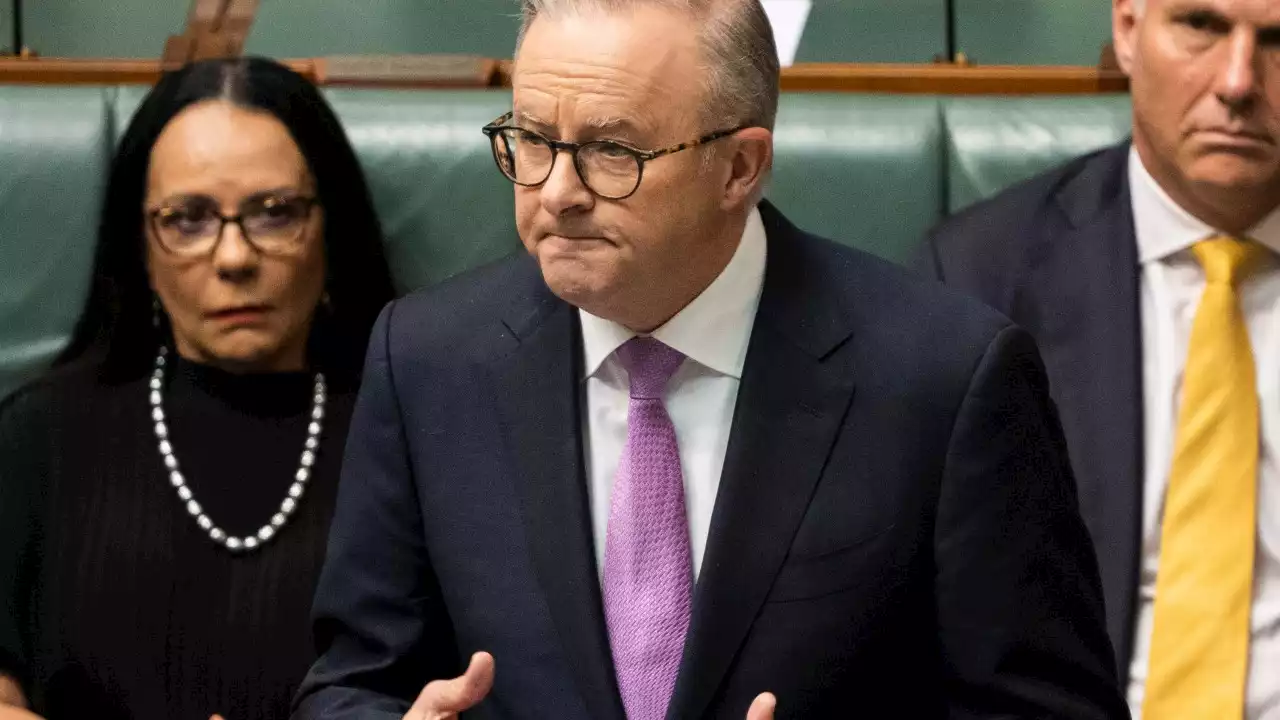In a 280,000-hectare triangle of preserved Amazon rainforest, Indigenous communities hope for 'total eviction' of non-Indigenous settlers.
abc.net.au/news/amazon-rainforest-indigenous-traditions/102489044The Indigenous adolescents danced in a circle under the thatched-roof hut from nearly dawn to dusk while parents looked on from the perimeter.
Girls taking part in the coming-of-age ritual had already had their first period. The boys' voices had begun to slip into lower registers. The Alto Rio Guama territory is a 280,000-hectare triangle of preserved forest surrounded by severely logged landscape in the north-eastern Amazon, home to 2,500 people of the Tembé, Timbira and Kaapor ethnicities.But it has also been occupied by some 1,600 non-Indigenous settlers. Some of those invaders have been there for decades. Many log the territory's trees or grow marijuana, according to public prosecutors in Para state.
As of Monday local time, 90 per cent of settlers had voluntarily departed, with rain-ravaged roads impeding the rest, according to a statement from the general secretariat of Brazil's presidency.
United States Latest News, United States Headlines
Similar News:You can also read news stories similar to this one that we have collected from other news sources.
 Indigenous group emerges as ally for miners fighting heritage lawResources groups, explorers and farmers say the West Australian proposal, due to start on July 1, is “shambolic” and will hold up new projects.
Indigenous group emerges as ally for miners fighting heritage lawResources groups, explorers and farmers say the West Australian proposal, due to start on July 1, is “shambolic” and will hold up new projects.
Read more »
 Housing lifeline for Indigenous Victorians scrapped despite ‘huge and urgent’ demandA program that helped more than 100 First Nations people avoid homelessness in the past year has been quietly axed. Those helped include a young Aboriginal man with a disability and spinal cancer, who was almost left homeless after his father died recently.
Housing lifeline for Indigenous Victorians scrapped despite ‘huge and urgent’ demandA program that helped more than 100 First Nations people avoid homelessness in the past year has been quietly axed. Those helped include a young Aboriginal man with a disability and spinal cancer, who was almost left homeless after his father died recently.
Read more »
 ‘Three key issues’: Similarities drawn between Indigenous Voice and NZ’s Waitangi TribunalThe Institute of Public Affairs has identified “three key issues” with the Indigenous Voice to Parliament proposal after analysis of New Zealand’s equivalent – the Waitangi Tribunal, says IPA Research Fellow Brianna McKee. “The first is that the Voice could become involved in every aspect of life, so including education, defence, interest rates, even the selection of High Court justices,” Ms McKee told Sky News Australia. Ms McKee said the second issue is that the Voice could 'gain veto power' over important government decisions. “So the Waitangi Tribunal has veto power over legislation in New Zealand, and the Maori – there are some reforms or laws that only they can suggest. “And the third issue is that if the Voice is implemented it would be impossible to repeal, defund or reform and that’s because once it’s implemented, it’s in our constitution.”
‘Three key issues’: Similarities drawn between Indigenous Voice and NZ’s Waitangi TribunalThe Institute of Public Affairs has identified “three key issues” with the Indigenous Voice to Parliament proposal after analysis of New Zealand’s equivalent – the Waitangi Tribunal, says IPA Research Fellow Brianna McKee. “The first is that the Voice could become involved in every aspect of life, so including education, defence, interest rates, even the selection of High Court justices,” Ms McKee told Sky News Australia. Ms McKee said the second issue is that the Voice could 'gain veto power' over important government decisions. “So the Waitangi Tribunal has veto power over legislation in New Zealand, and the Maori – there are some reforms or laws that only they can suggest. “And the third issue is that if the Voice is implemented it would be impossible to repeal, defund or reform and that’s because once it’s implemented, it’s in our constitution.”
Read more »
 Australia ‘one step closer’ to recognising Indigenous people in Constitution: BurneyIndigenous Australians Minister Linda Burney says we are now “one step closer” to recognising Aboriginal and Torres Strait Islander people in our nation's Constitution. “One step closer to giving a voice to needs and aspirations of Indigenous Australians,” Ms Burney said during a media conference on Monday. “One step closer to unifying Australia and making a great country even greater.”
Australia ‘one step closer’ to recognising Indigenous people in Constitution: BurneyIndigenous Australians Minister Linda Burney says we are now “one step closer” to recognising Aboriginal and Torres Strait Islander people in our nation's Constitution. “One step closer to giving a voice to needs and aspirations of Indigenous Australians,” Ms Burney said during a media conference on Monday. “One step closer to unifying Australia and making a great country even greater.”
Read more »
 Senate passes Voice referendum legislationThe Senate has passed a bill to hold a referendum on the Indigenous Voice to Parliament.
Senate passes Voice referendum legislationThe Senate has passed a bill to hold a referendum on the Indigenous Voice to Parliament.
Read more »
 PM accused of treating voters 'like mugs' as Voice reaches major stepA Liberal MP has urged Prime Minister to consider a bipartisan approach to Indigenous recognition, instead of trying to ram the Voice to Parliament “down the throats” of voters.
PM accused of treating voters 'like mugs' as Voice reaches major stepA Liberal MP has urged Prime Minister to consider a bipartisan approach to Indigenous recognition, instead of trying to ram the Voice to Parliament “down the throats” of voters.
Read more »
